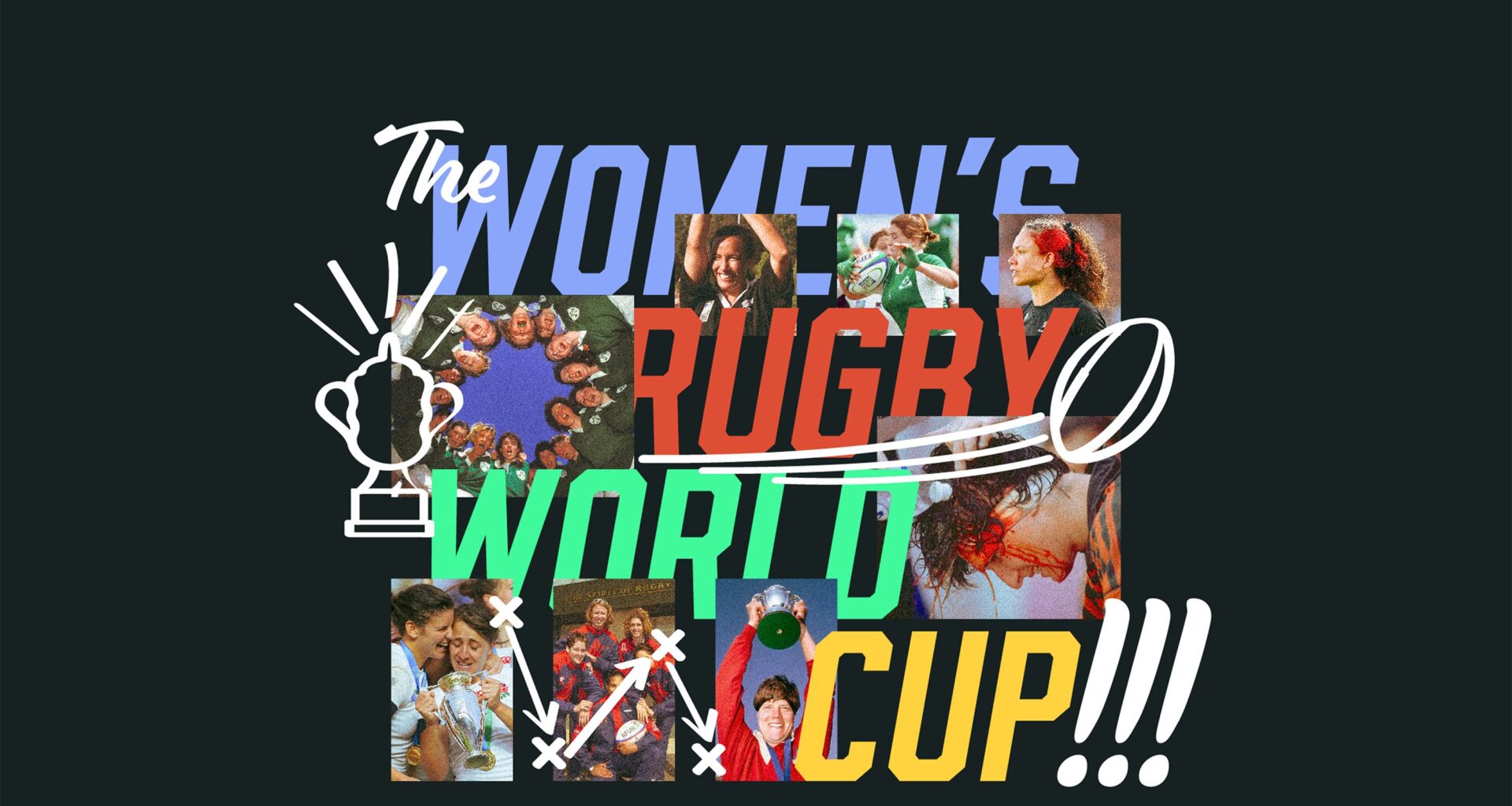In the beginning, women had to do it for themselves.
As whispers of a possible global international women’s rugby tournament grew louder, England players were eager that it be hosted close to home to save on travel costs.
The logical solution? To organise it themselves.
Deborah Griffin, who recently became the first woman to be president of England’s Rugby Football Union, volunteered to take the lead. She was supported by her Richmond team-mates Alice Cooper, Sue Dorrington and Mary Forsyth.
Rugby’s global governing body – the International Rugby Board (IRB) – was not pleased.
It was organising a men’s World Cup for later that year and, concerned it might affect that tournament, refused to officially recognise the women’s equivalent.
Griffin and her gang went ahead nevertheless, securing Cardiff as the host city. Chaos and joy ensued.
A Soviet Union team took part and, unable to leave their communist homeland with money, travelled with goods to trade which apparently ranged from caviar to Soviet champagne.
It is said that when they tried to sell vodka on the steps of Cardiff’s City Hall, Griffin was woken by customs officers at her door.
France had confirmed they would compete just minutes before the draw took place and New Zealand – then known as the ‘Gal Blacks’ – were embroiled in a debate about whether women should perform the Haka with a wide-legged stance.
For some newspapers, women playing rugby was a novelty. A piece in the Sunday Mirror before the tournament began was headlined ‘Scrumptious’, with England players posing in evening gowns described as “no macho machine” and “supremely feminine”.
The players responded on the pitch and England, playing under their own women’s union co-founded by Griffin and so wearing a different rose on their shirts to the men’s team, flew into the final.
With the big game against the United States approaching, they found their hotel rooms had been double booked and had to sleep in sleeping bags on the floor of a conference room.
The United States, with “locks from hell” and “turbo props”, came out on top, winning 19-6 in front of around 3,000 fans.
Another World Cup was due to take place in 1994, brought forward by a year to avoid clashing with the men’s version.
It was left without a home after disagreements with the IRB led to the Netherlands pulling out as hosts three months before the tournament was due to start.
Scotland wing Sue Brodie and her team-mates had been training for their World Cup debut in Edinburgh and gathered at a pub in Leith after hearing the news.
Brodie convinced the others they could host the World Cup themselves, although they would call it a World Championships to appease the IRB.
“We thought, ‘let’s just invite the teams here and see what happens,’” Brodie told BBC Scotland News in 2024.
Players and staff had to cover travel and accommodation costs themselves. The organisers balanced full-time work or studies and families with training and, now, organising an international rugby tournament at short notice.
Spain dropped out at the last minute and a Scottish Universities team stepped in to fill their group.
Brodie and her team pulled it together with support from the Edinburgh rugby community, finishing second in their group to England, but losing 8-0 to Wales in the quarter-final.
The United States and England set up a repeat of the 1991 final – their fifth match in 18 days in a much more condensed tournament than the modern edition.
Karen Almond captained England at Raeburn Place and a crowd of around 5,000 flooded the pitch as her side claimed the World Cup with a 38-23 victory.
In a step forward in media coverage, highlights of the win were later shown on the BBC’s sports programme Grandstand.

